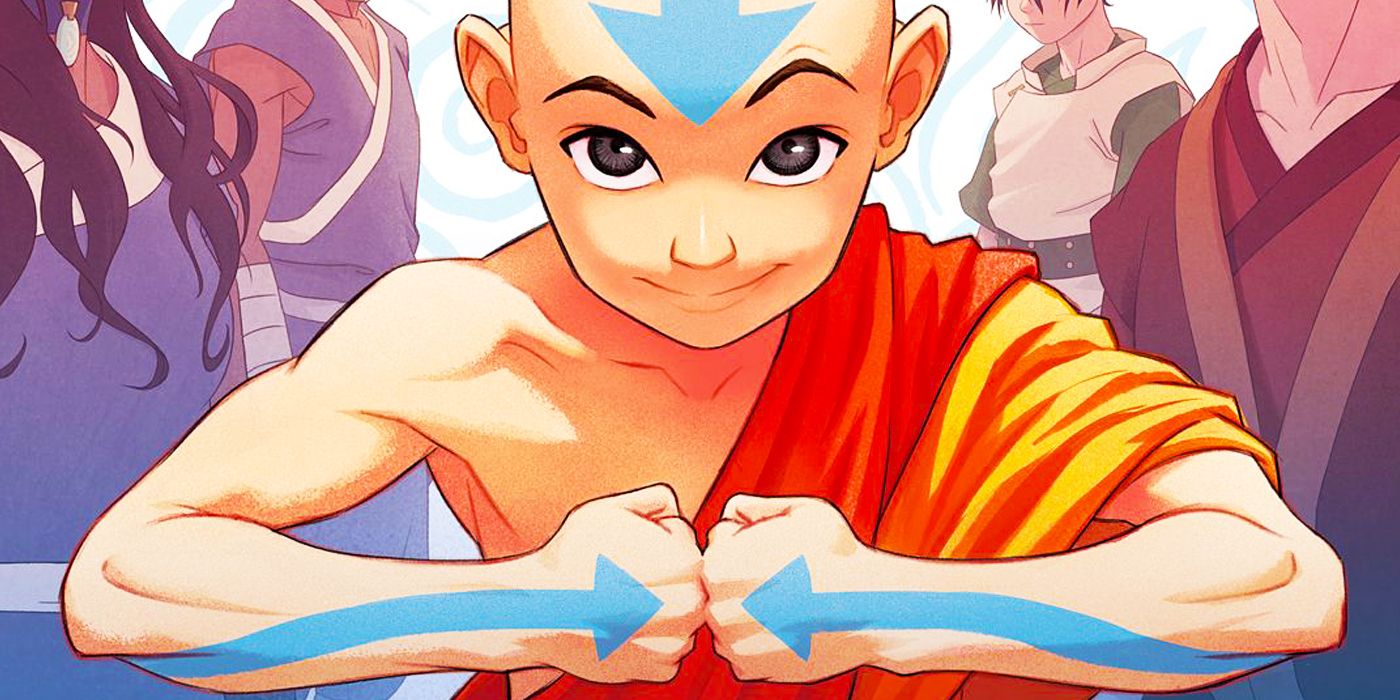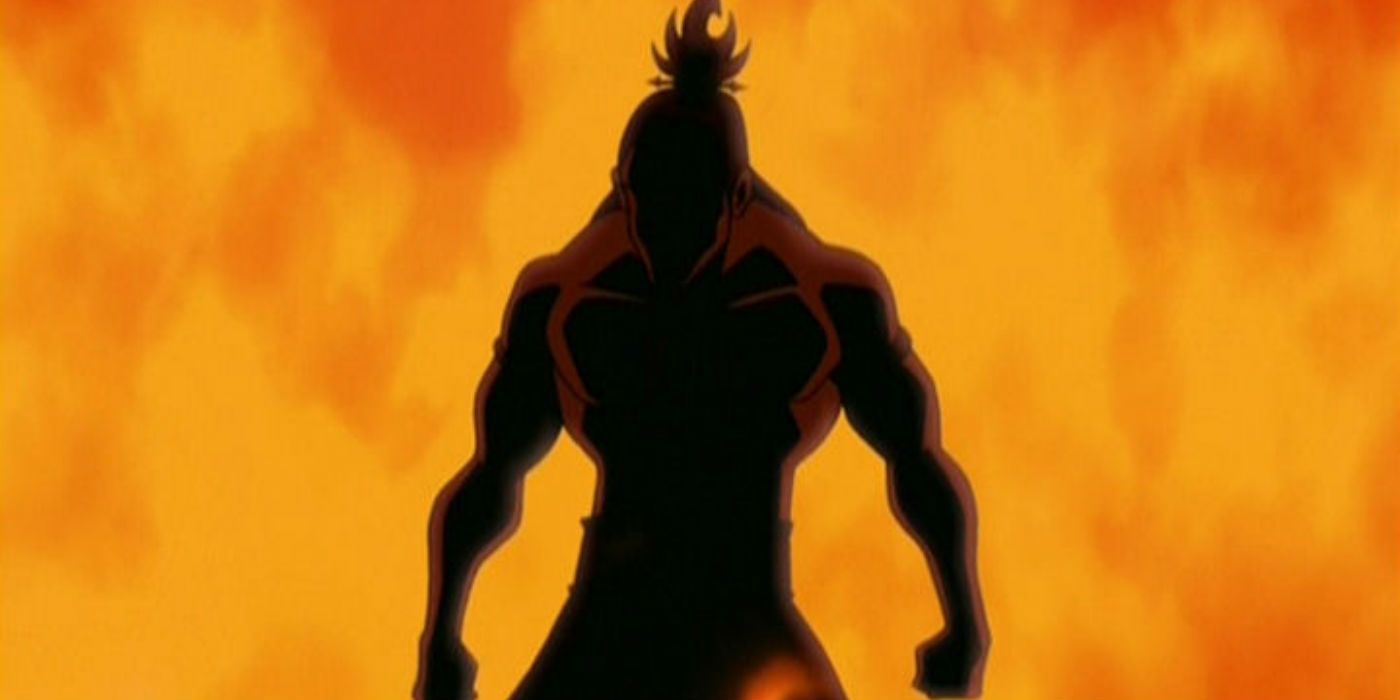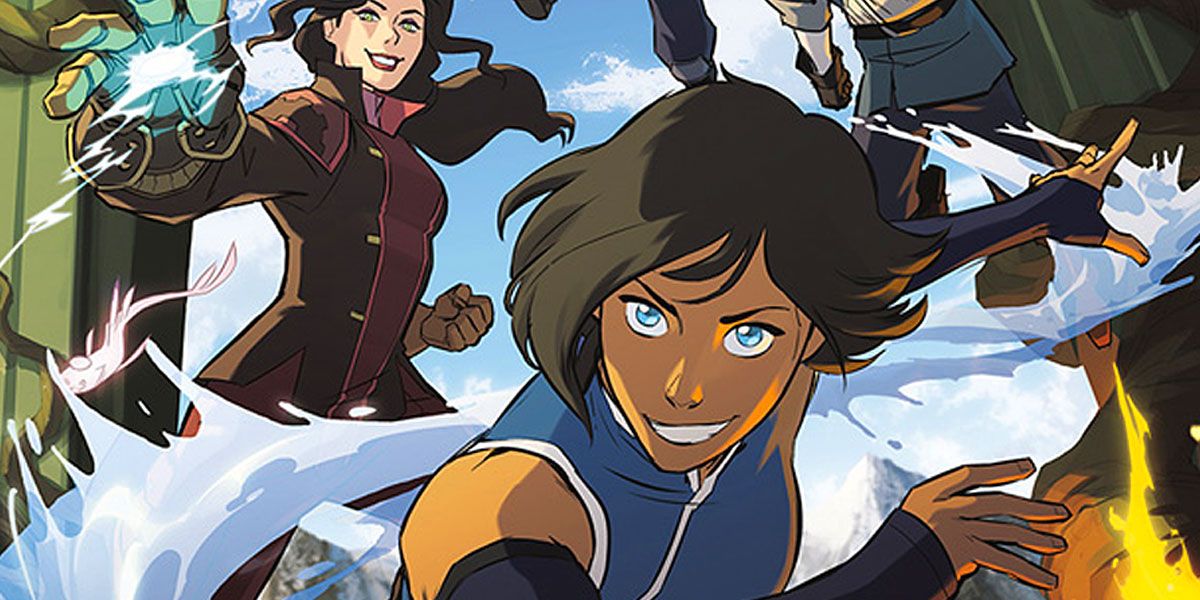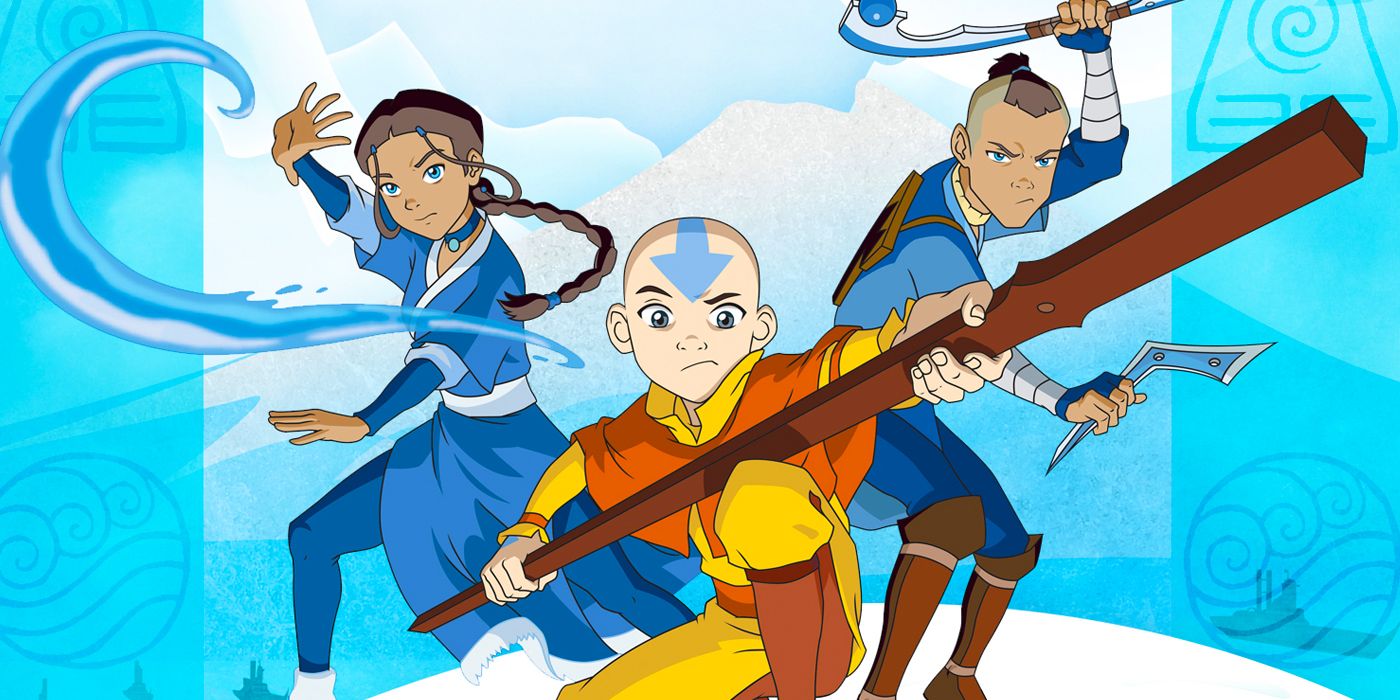The world of Avatar: The Last Airbender has always been ripe for exploration. When the series originally premiered on Nickelodeon in 2005, fans were caught off guard by the rich lore of the show's world. By the end of the original series, fans were already clamoring for more, leading to a sequel series, The Legend of Korra, and a handful of graphic novels following the events of both series. There's even a few young adult novels on the way.
Then, of course, there's the recent announcement that original series creators Bryan Konietzko and Michael Dante DiMartino would be bringing Avatar back in the form of a live-action series, this time on Netflix. The announcement comes eight years after the failed live-action adaptation by director M. Night Shyamalan hit theaters -- that film was panned by fans and critics alike. Some fans, of course, were skeptical, citing not only the first live-action attempt, but how well the original series stands on its own without an adaptation.
RELATED: Netflix Announces Avatar: The Last Airbender Live-Action Series
DiMartino and Konietzko will not only be able to retell the story from the animated form, but the new format will allow them to be more culturally appropriate and breathe new life into the world of Avatar. Disappointing precedent aside, this new live-action take could be huge. Here's why.
The Conflict of Avatar
For those unfamiliar, Avatar's premise revolves around preventing an all-out war between the fierce Fire Nation and the rest of the world, which is populated by elementals. The Fire Nation has used the disappearance of the Avatar -- a being who can wield the elements of Earth, Fire, Air and Water, while the rest of the population can only wield one, if that -- as an excuse to rally its elite royalty and military forces for a mission of conquest. The story kicks off when Aang, the last of the Air Nomads, is unfrozen from an iceberg and thrust back into the world he tried to escape 100 years ago.
The war in Avatar can't be taken at face value, though. There's nuance to how the story is told. Aang and his friends, Katara (a waterbender) and Sokka (a non-bender and Katara's brother), quickly learn about the continued horrors wrought by the Fire Nation. There are class struggles in the Earth Kingdom, and the group witness the aftermath of the Air Nomads' decimation personally. This story is about a kid in wartime trying to spark a revolution.
RELATED: Last Airbender Universe Expands With Avatar Kyoshi Novels
While parts of the story may have been toned down because it aired on Nickelodeon, Avatar silently hints at a world much darker than what is presented, and Aang's own struggle with pacifism, violence and destiny are on par with conflicts seen in properties like Lord of the Rings and Game of Thrones. If Netflix handles this right, it has a true hit on its hands.
Page 2: [valnet-url-page page=2 paginated=0 text='Avatar: The Last Airbender Went Places Most Animated Series Neglect']
Diversity and Inclusion
From the opening moments of Avatar: The Last Airbender to the closing moments of The Legend of Korra, this world has always been packed with nuanced, real characters that represent much of what we see in our own world. Toph, a royal heir from the Earth Kingdom, is blind, but she quickly becomes known as one of the greatest Earthbenders in history, if not the best. Teo is the son of a mechanist who lost the use of his legs, but that doesn't stop him from flying with the best of his town, including Aang himself.
Aang and Sokka's character arcs deal with male fragility and emotion, exploring archetypes that go untouched in other series in favor of base hypermasculinity. They cry, they love and, most importantly, they learn. There is no ableism, homophobia or ageism (looking at you, King Bumi) in the Avatar universe. These characters are proud, and they're never held back.
RELATED: Diablo Animated Series in the Works At Netflix
The commitment from DiMartino and Konietzko to cast culturally-appropriate actors and leave whitewashing off the table shows that there will be a progressive and understanding element to this live-action take. Hopefully this philosophy carries into the actual production.
It's a Retelling
For longtime fans of the series, this part is just plain exciting. The most by-the-book way to adapt Avatar would be through a one-to-one live-action presentation, one that doesn't deviate from the original story. But, in all honesty, the animated series holds up so well that it would be completely unnecessary to just act it out beat by beat. It's likely DiMartino and Konietzko will retell the story of Aang, but take a slightly different route this time around.
RELATED: Netflix’s Avatar: The Last Airbender Adds Another Name From Animated Series
The is likely because the show won't exactly be held back by the standards of broadcast television, even if it still ends up being produced by Nickelodeon. This gives the creators a chance to change some things. Maybe there's a bit more of a relationship between Sokka and Yue, or a deep dive into the history of each nation. This isn't a series that will be held to the three season standard of the original. It could expand on each season, or even keep going when the main conflict is resolved.
It's a brave new world, Avatar fans. For now, it's worth giving the franchise's creators the benefit of the doubt to see if the time is right for a live-action adaptation of Aang and friends.




